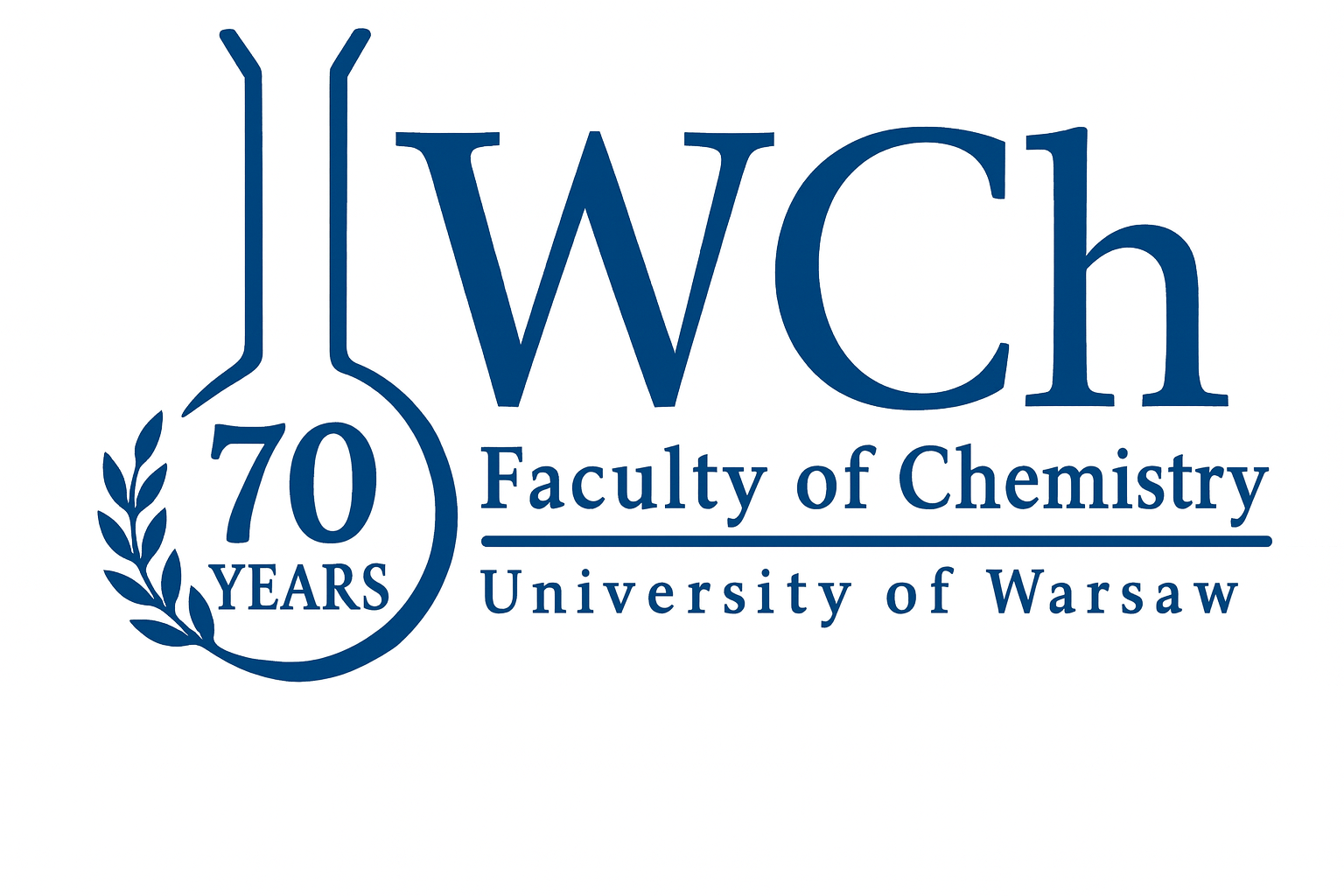Laboratory of Energy Storage Technologies and Applied Radiochemistry
Team leader: prof. dr hab. Andrzej Czerwiński
Team leader’s e-mail address: aczerw@chem.uw.edu.pl
Brief description of the research topic:
Laboratory of Energy Storage Technologies and Applied Radiochemistry (LESTAR) was established as a result of the evaluation of the research focus of the Laboratory of Electrochemical Interfacial Phenomena, following its integration with a group from the Radiochemistry Laboratory, which, among other activities, used radioisotopes to study electrode mechanisms in galvanic cells. As a result, the Laboratory’s research scope was expanded to include topics more closely related to address emerging challenges in electrochemistry, radiochemistry, and medical radiochemistry. Due to regulations concerning research with isotopes and laboratory animals, LESTAR laboratories are located in three separate buildings (Faculty of Chemistry at the University of Warsaw, CNBCH, and Radiochemistry). Over the past several years, the laboratory has successfully developed new research topics and equipped its facilities for the study of materials used in the construction of various types of batteries and accumulators. In recent years, thanks to significant funding from multiple projects, the Laboratory has acquired sophisticated equipment (often unique on a national scale) enabling high-quality research across a wide range of topic. All LESTAR members have unrestricted access to this equipment, promoting integration and collaboration among research group. This collaboration is further enhanced by joint scientific seminars. These developments have led to the launch of modern electrochemical and radiochemical laboratories, including Poland’s only PET/SPECT/CT scanner used for studying biologically active substances labeled with radioisotopes. This equipment facilitates comprehensive, world-leading research at the forefront of the field. In 2024, Poland’s first semi-automatic production line for constructing lithium and sodium pouch cells was launched. This advancement allows the developed solutions to reach a pre-implementation Technology Readiness Level (TRL). Another important aspect of the Laboratory’s development has been the education of students and the professional development of its staff. As a result, LESTAR personnel possess dual qualifications, enabling them to work in both electrochemistry and radiochemistry. This facilitates efficient personnel management and the implementation of a large number of projects, often at the intersection of these two fields. LESTAR’s research topics include, among others:
• Electrochemical deposition of metals: an analysis of the process, electrodeposition of targets for accelerator-driven production of radioisotopes for nuclear medicine and electroplating of protective layers for nuclear waste storage tanks.
• An analysis of electrochemical oxidation, passivation and dissolution of metals and its alloys.
• Application of radioisotopes in medicine and nuclear energy.
• Chemistry of radioactive elements involved in spent nuclear fuel management.
• Design, analysis, and application of new materials and electrolytes for battery and accumulator construction (hydride, lithium, sodium, and lead-acid cells).
